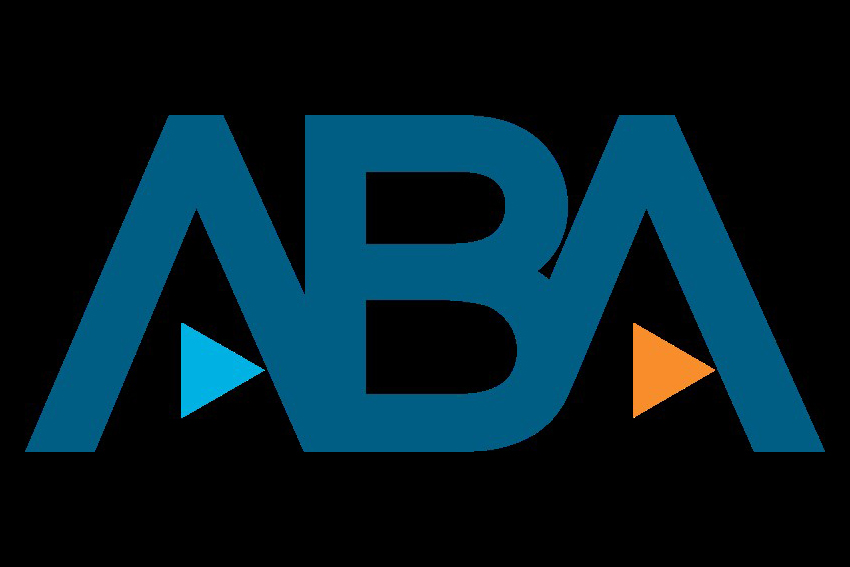The Small Practitioner: Small firms’ Tech Stack: AI’s competitive edge for solos and small teams
The Small Practitioner: Small firms’ Tech Stack: AI’s competitive edge for solos and small teams
By Brenda Keith
AI-enabled legal services solutions are transforming the way solo practitioners and small firms operate, giving them the ability to scale their capacity and expand their expertise for clients without incurring significant overhead costs. User-friendly, AI-powered tools built on cutting-edge natural language processing technology can rapidly analyze and summarize voluminous discovery documents, deposition transcripts, and medical records – labor-intensive tasks that traditionally consume substantial time and resources, especially in smaller firms.
In short, AI-enabled tools transform what was once a burden into an opportunity for differentiation and competitive advantage..
Depositions
For years, deposition analysis was an onerous task relegated to new associates and paralegals due to the volume of work and the immense amount of time required, particularly for personal injury matters and large class actions. Billing clients for this labor-intensive review only compounded the problem. No matter the size or type of matter, clients bristle at bills that are laden with document summarization charges. While larger law firms with multi-matter engagements can balance this kind of work with more substantive, strategic legal tasks, solos and small firms usually can’t.
Enter AI-enabled technologies, which automate and accelerate deposition analysis, transforming hours of manual review into minutes of targeted insight. These solutions level the playing field by reducing costs, improving accuracy, and freeing attorneys to focus on higher-value strategy and advocacy.
By rapidly identifying key testimony and issues, attorneys now can build stronger cases in minutes rather than spending days or weeks on manual reviews. By leveraging natural language processing and machine learning, attorneys can uncover contradictions and key admissions with unprecedented speed and accuracy. AI-powered tools can go far beyond simple keyword searches, enabling customized queries that deliver precise answers to targeted legal questions.
Armed with these programs, it is possible to conduct multi-deposition reviews that uncover patterns, contradictions, and admissions across numerous transcripts. The resulting insights then can be shaped to meet the unique needs of each audience, from simplified summaries for clients to clear, persuasive materials for juries.
Medical records
Medical records are filled with confidential, sensitive, unstructured data, such as images and handwritten notes. However, using natural language processing, AI-enabled tools can extract relevant information even from images. These tools also can recognize patterns across thousands of images and pages of records, flagging inconsistencies or missing data. By converting this unstructured information into searchable, chronologized formats, new AI-enabled tools dramatically reduce review time and improve case preparation.
For small firms concerned about security, AI-enabled technology also has met the moment by safeguarding medical data and personally identifiable information. The best medical record summarization and analysis tools include HIPAA-compliant, SOC2/Type 2, closed-circuit system/processes, with 256-bit encryption. This means sensitive information is protected at every stage, from ingestion and storage to analysis and reporting, ensuring practitioners can leverage AI-driven insights without compromising patient privacy or regulatory compliance.
The cost-benefit analysis of change
As others have also noted, AI isn’t eliminating jobs per se. It is changing jobs and the way we work. For paralegals and new attorneys, facility with AI technologies will be a necessary component of almost every aspect of their future work life. As a result, one of the most important emerging skill sets for paralegals and attorneys will be expertise as an AI legal prompt engineer. That should be enough incentive to focus on embracing AI integration instead of focusing on the fear of change. Additionally, while these technologies are quietly working behind the scenes, clients will benefit from greater security of their personal data and streamlined costs for once-labor-intensive document review.
The technologies I have described are available to attorneys across all practice areas and firm sizes – but small firms and solo practitioners arguably stand to gain the most. By dramatically reducing the hours required to manually review depositions and medical records, these attorneys can cut costs without sacrificing quality. This efficiency not only improves their bottom line but also levels the playing field with larger firms that traditionally have more staff and resources.
With more time freed from repetitive tasks, small-firm lawyers can devote greater attention to client relationships, case strategy, and business development – activities that directly drive firm growth and client satisfaction.
NEXT: Communication. Whether small firms and solos are speaking to a jury, a client, or a prospect, new technologies professionalize every touch point and make your communication easier and more effective.

Brenda Keith, Chief Marketing Officer at Lexitas, is a seasoned marketing and sales leader with a proven history of driving revenue growth and transforming business outcomes. With expertise in brand strategy, digital marketing, and sales enablement, she has built high-performing teams and implemented data-driven programs to enhance client experience and operational efficiency. She can be reached at [email protected].
Share this story, choose a platform
Brought to you by BridgeTower Media
Free Weekly Newsletter
Recommended content
Cybersecurity: Your law firm is a target. Cybersecurity automation is the answer
Cybersecurity: Your law firm is a target. Cybersecurity automation is the answer By Carl Mazzanti Law firms hold privileged communications, [...]
Legal Ethics: New ABA opinion seeks to clarify lawyers’ duties when they withdraw from cases
Legal Ethics: New ABA opinion seeks to clarify lawyers’ duties when they withdraw from cases By Jim Doppke In my [...]
Critical questions to ask before merging law firms
Red flags will often appear if lawyers honestly answer practical questions about how firms will blend together before formally merging. [...]
Clients have little bandwidth for legal tasks
One possible solution to getting busy clients to help in legal matters, such as discovery requests, is for attorneys to [...]
Managing legal practice stress by ‘matter mix’
Not all attorneys’ on-the-job stress is created equal. Identifying what the chief stressors are is the first step to alleviating [...]







